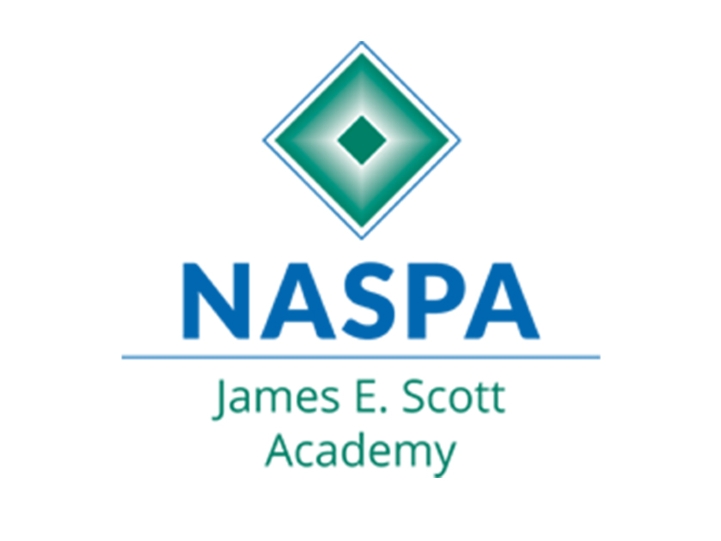
Groundhog Day: Reflecting on the Start of Another New Academic Year
Supporting the Profession AVP or "Number Two" Senior Level VP for Student Affairs
October 6, 2022
The start of the academic year brings excitement, nervous energy, and a sense of hope to many of us. The several days leading up to the first day of classes is one of my favorite times of the year. As I entered my 25th new academic year as a higher ed professional, I found myself reflecting on the experience and considered how the new students on my campus, mostly traditional age students, are about to start a journey of development that may be beyond their expectations. Our students face the reality of adapting to a new place, new opportunities, new social circles, and higher stakes given the investment most families make in order to find avenues for students to afford the university experience. And, over the past 25 years, the experiences and needs of our students have drastically evolved.
As I walked through campus during the first several days of the semester, I witnessed a number of smiles, some looks of confusion, and numerous interactions that support the value of our efforts in student affairs. I approached a student who seemed to be struggling to find her way around campus and asked if she needed assistance. She shared that she could not find the building she needed to be in for class, and then followed up with how overwhelmed she felt. While I walked her to the building and engaged in conversation about her campus adjustment, I learned that she was intimidated by the unknowns of the year to come. After following up with her several days later, we established a plan to ease her transition and fears. Taking an extra few moments to engage and listen – to connect – may have aided this student as she navigates these new experiences. While the stress of being in an unfamiliar place is nothing new, the willingness for the student to openly share her anxiety to essentially a stranger reminded me that our students are more willing to advocate and disclose their individual needs in a time where mental health support is better encouraged than in years past.
Data from college students surveyed for the Winter 2021 Healthy Minds Study indicates that depression (41%) and anxiety (34%) remain prevalent among college students. While not surprising to most student affairs practitioners, these factors continue to pose real challenges in meeting the supportive needs of our students throughout their education journey and beyond. As students begin a new academic year, we must continue to be diligent in connecting students to on and off campus resources and helping each student find a voice to advocate for their specific mental health needs. The following skills have aided me in adapting to each unique academic year and to our new students:
Care
Student affairs professionals are special beings who possess the strong empathy and consistent desire to assist others as a centerpiece in our daily interactions. Respecting that each student’s lived experiences are different, we apply genuine care during interactions and in our proactive planning of programs and services to support the wide variety of needs our students bring to campus. Students, the heart and soul of our institutions, deserve the resources and attention necessary to build resiliency, navigate challenges, and establish legitimate connections within campus communities.
Create Partnerships
Investing in the growth of our students requires effort from both the individual and the institution, albeit at different levels along the journey. Watching our new students begin the process of forging new relationships with each other, student orientation leaders, and my team of professionals, gives me confidence that they will have someone they can turn to if support is needed during the initial adjustment period. Preparing our teams to forge positive relationships, listen with intent, and determine appropriate resources may help alleviate some of the stressors introduced at this time of the academic year.
Be Relentless
In the book “Relationship Rich Education: How Human Connections Drive Success in College” (Felten and Lambert, 2020), the authors promote the connections that are established through consistent and meaningful interactions. Along with that broad concept, they suggest that new students should experience a “relentless welcome” from the community, as articulated by the project led by David Scobey, Bringing Theory to Practice (Felton & Lambert, 2020, p. 14). The frequency and purpose in checking in to see how new students are doing throughout their transition to college, coupled with care and intent, may yield success in ensuring they get what they need at the moment they need it.
While we, as practitioners and educators, continue to evolve to meet the needs of our students, we must continue to reflect on how to keep them central in our planning and execution. While our focus may shift as the years pass, much of what we do remains the same. Respecting the variety of individuals and learners that we are entrusted with is a key element of creating a student centric environment that promotes success. The attention we give to our students as they begin their journey on our campuses makes the end result, graduation, something we can share in celebration, together.
References
Felton, P. & Lambert, L.M. (2020). Relationship rich education: How human connections drive success in college. Johns Hopkins University Press.
Healthy Minds Network (2021). Healthy Minds Study among Colleges and Universities, year (2021) [Winter]. Healthy Minds Network, University of Michigan, University of California Los Angeles, Boston University, and Wayne State University. https://healthymindsnetwork.org/reserach/data-for-researchers

Dr. Anthony Altieri is the Vice President for Student Affairs at Lynn University (FL). With over 20 years of experience in student affairs, he focuses on creating strategic pathways for excellence and optimized learning in his organization. Anthony currently serves on the NASPA James E. Scott Academy Board. He may be contacted at aaltieri@lynn.edu.